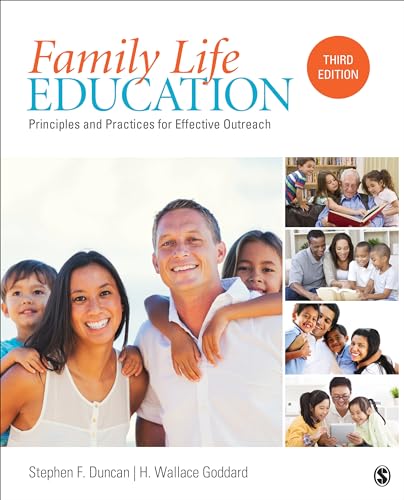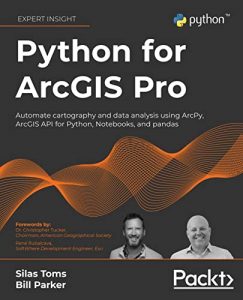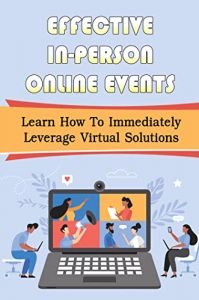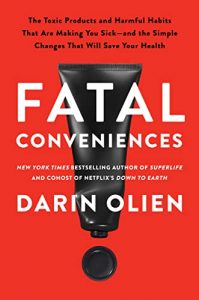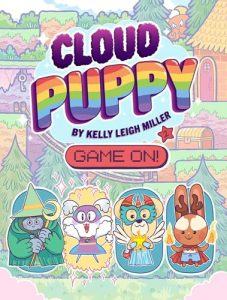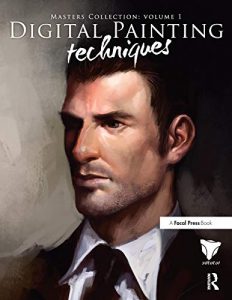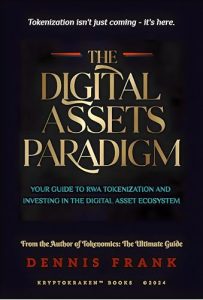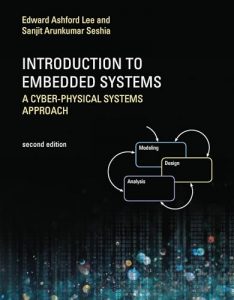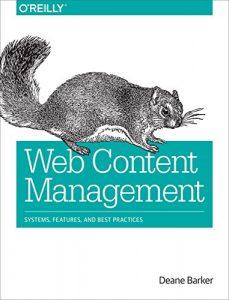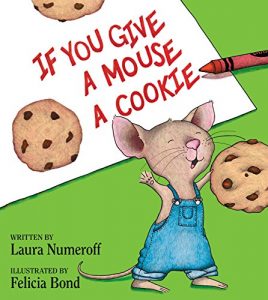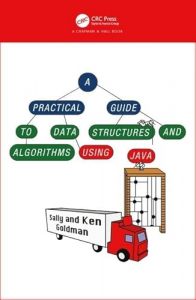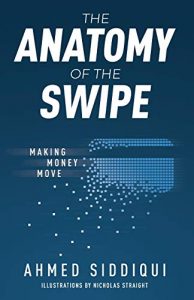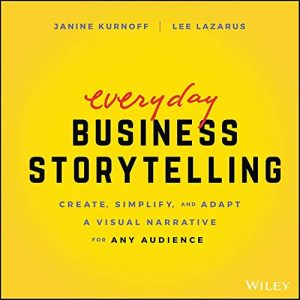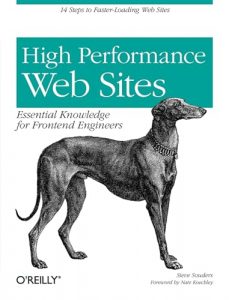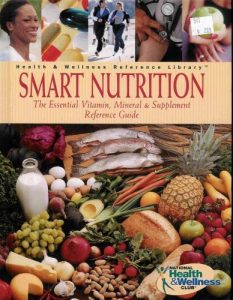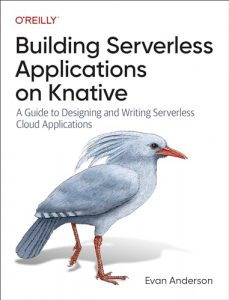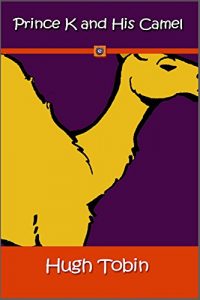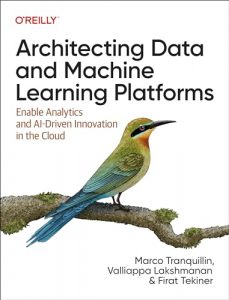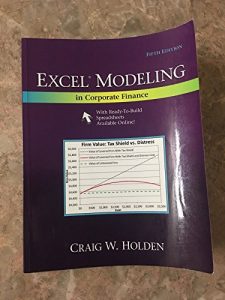The Need for Effective Science Outreach
In a world increasingly driven by science and technology, the importance of effective science outreach cannot be overstated. Engaging the public with the wonders of science has become a crucial endeavor, as it fosters understanding and appreciation of scientific principles and discoveries. Outreach efforts not only educate but also inspire curiosity and promote a culture of inquiry that can lead to innovation and progress.
This blog post highlights essential books that provide insights, strategies, and practical approaches for individuals and organizations looking to enhance their science outreach initiatives. These texts cover various aspects of outreach, from community partnerships to effective communication, ultimately equipping readers with the skills needed to engage a broader audience effectively.
Highlighted Books for Science Outreach
1. Family Life Education: Principles and Practices for Effective Outreach
This insightful book dives into the foundational principles of family life education, offering practical strategies for outreach that can be applied in various contexts. The authors emphasize the significance of understanding family dynamics and engaging effectively with communities. Whether you’re a seasoned educator or a newcomer to the field, this book will enrich your understanding of how to tailor your outreach programs to meet the diverse needs of families.
With a perfect blend of theory and practical examples, it serves as a comprehensive guide for practitioners aiming to create impactful programs that resonate with their audience. A valuable resource for those committed to meaningful family engagement, this book is a must-have for anyone involved in educational outreach.
2. What Works in Team Science and Outreach
This book is a pivotal resource for anyone involved in collaborative scientific endeavors. It outlines key strategies and principles that govern effective team science and outreach efforts while focusing on how collaboration can significantly enhance engagement and outreach outcomes. The authors contribute their extensive knowledge and experiences to shed light on how teamwork can be optimized for maximum impact. This concise guide answers pressing questions related to collaboration in scientific settings, making it an essential read.
3. Conservation Education and Outreach Techniques
From the renowned Techniques in Ecology & Conservation series, this book provides practical resources for effective conservation education and outreach methods. The authors delve into various techniques tailored for different audiences, emphasizing the need for effective communication and engagement strategies. Highlighting case studies and real-world applications, this book serves as a manual for any conservationist wishing to enhance outreach efforts.
4. Science v. Story: Narrative Strategies for Science Communicators
In this compelling book, the authors explore the tension between scientific communication and storytelling. They share effective narrative strategies that can help science communicators engage audiences more deeply and memorably. This book emphasizes that storytelling can bridge the gap between scientific concepts and public understanding. For those who work in science communication, this book is an indispensable tool for refining outreach techniques.
5. Outreach Services for Teens: A Starter Guide
Focusing specifically on outreach services for teens, this guide offers unique insights and methodologies tailored to engage younger audiences. It covers essential approaches that can help librarians and educators design dynamic programs aimed at capturing the interest of teenagers. The authors present practical strategies that are easy to implement, making it a beneficial tool for those serving this age demographic.
6. Librarians as Community Partners: An Outreach Handbook
This handbook emphasizes the critical role librarians play as community partners in outreach initiatives. Through robust discussions and case studies, it showcases how librarians can serve as leaders in promoting education and community engagement through information services. This book is an essential resource for librarians looking to expand their outreach efforts while strengthening community ties.
7. From Outreach to Equity: Innovative Models of Library Policy and Practice
This innovative book delves into library policies aimed at promoting equitable access and outreach. Presenting case studies and strategies, it highlights how libraries can effectively engage diverse communities while navigating the complexities of equity in outreach efforts. For librarians and educators grappling with these issues, this book provides valuable guidance.
8. The Hands-On Guide for Science Communicators: A Step-by-Step Approach to Public Outreach
This hands-on guide provides a practical framework for science communicators to improve their outreach skills. The book walks readers through a series of steps designed to enhance their public engagement strategies, ensuring that critical scientific information is conveyed effectively. An invaluable tool for both novices and seasoned professionals alike, it equips practitioners with actionable insights for successful outreach.
9. Homeless Outreach & Housing First: Lessons Learned
This book provides an in-depth look at outreach approaches for homeless populations. It shares lessons learned from practical experiences, emphasizing the importance of understanding community needs in outreach strategy development. For those in social services or community work, this book provides valuable insights into effective outreach methods.
10. Reference and Information Services: An Introduction
This introductory text serves as an essential resource for those navigating reference and information services. It collaboratively discusses various outreach techniques that are employed in libraries and information institutions. Offering valuable insights, this book is fundamental for educators and librarians aiming for effective community outreach.

